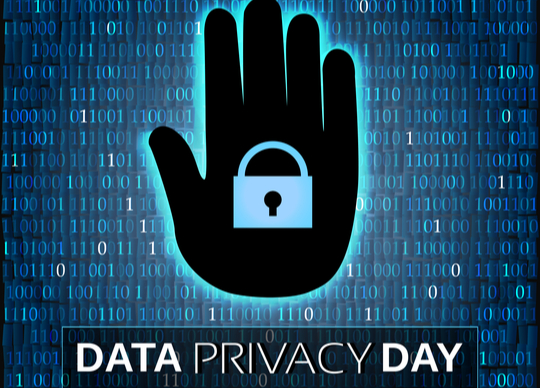
By Guillaume Noé, Regional Cybersecurity Lead, Avanade Australia.
“Data Privacy Day is celebrated each year on January 28. It commemorates the first international binding treaty to protect individuals’ data signed in 1981 by members of the Council of Europe. The treaty called for the right to personal data protection as a necessity to secure the human dignity, the protection of human rights, the fundamental freedoms of every individual, and the personal autonomy based on a person’s right to control their personal data and how it is processed.
Today, Data Privacy Day has evolved in its scale, reach and recognition into “an international effort to create awareness about the importance of respecting privacy, safeguarding data and enabling trust”. Such awareness is critical for individuals, governments and businesses in both physical and digital contexts. I believe digital privacy is equally important as physical privacy because the same human dignity and fundamental rights are at stake in a society where human interactions and communications are overwhelmingly processed with digital data.
 First, personal data can bear a direct monetary cost when stolen by cyber criminals seeking financial gains. In Australia alone and in 2021, the ACCC recorded 124,491 reports of personal information theft which accounted for a loss of over $33.9 million – an increase of 132% over the previous year (ACCC). The majority of the Australian workforce, aged 25-64, remains susceptible to phishing, identity theft, and hacks.
First, personal data can bear a direct monetary cost when stolen by cyber criminals seeking financial gains. In Australia alone and in 2021, the ACCC recorded 124,491 reports of personal information theft which accounted for a loss of over $33.9 million – an increase of 132% over the previous year (ACCC). The majority of the Australian workforce, aged 25-64, remains susceptible to phishing, identity theft, and hacks.
Secondly, it can bear a financial cost for businesses when fined for breaching privacy regulations. The European Union (EU) has set clear examples of holding business accountable for their privacy obligations. Similarly, Australian businesses are not immune to the local and international application of privacy regulations. For example, they can be held liable for damages to their offshore counterparts under laws such as the EU’s General Data Protection Regulation (GDPR) and Singapore’s Personal Data Protection Act (PDPA).
Finally, it has a reputational cost for individuals, government entities and businesses when mishandling the personal data that they either own or are entrusted to protect. Trust in businesses and government is fragile when it involves the protection of customers’ and citizens’ personal data.
There is a need to reflect and raise awareness on personal data protection because data privacy will always be at risk, and the risk evolves with our society. This is why, on Data Privacy Day, I take the opportunity to reflect on respecting privacy, safeguarding data and enabling trust with better personal data handling – and I extend an invitation to all individuals, government entities and businesses to do the same.”





